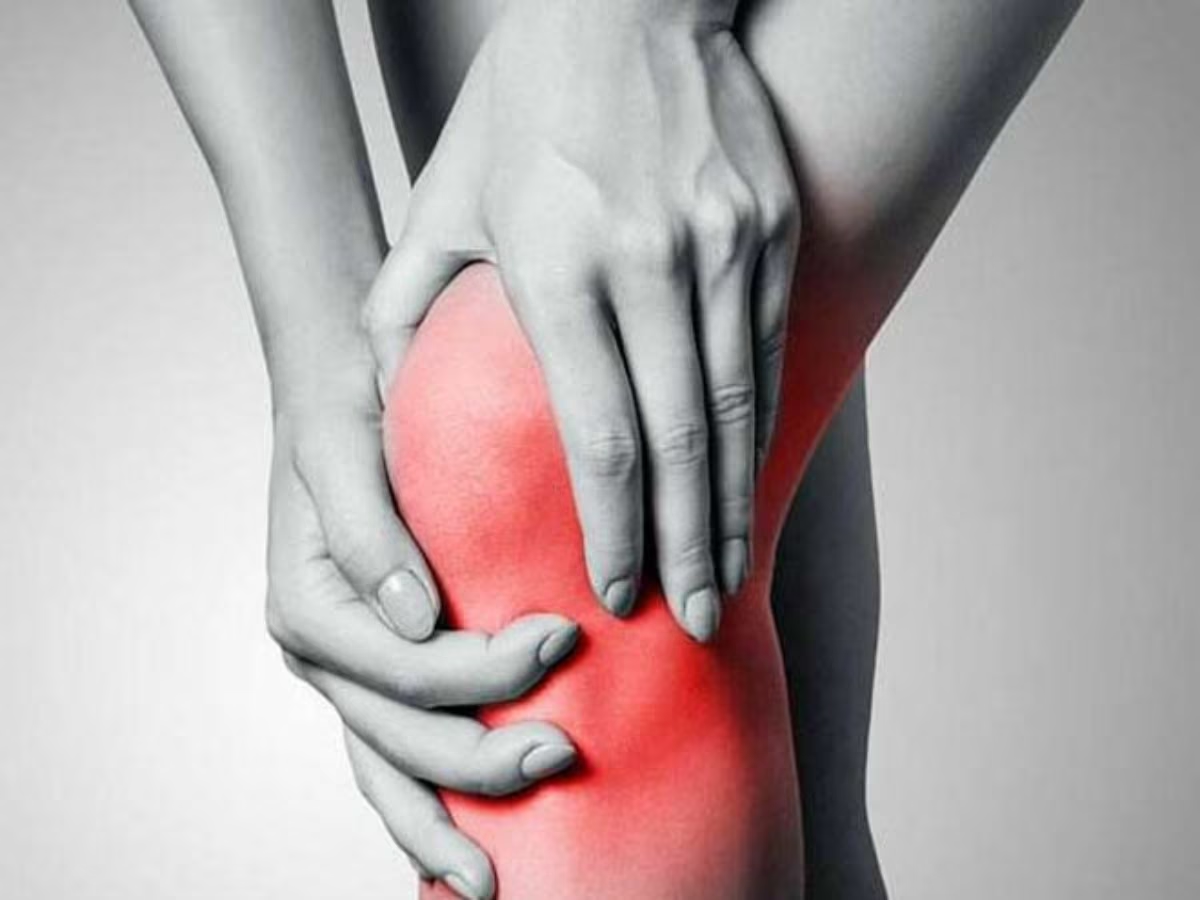If you live in the capital Delhi-NCR, be careful, the current conditions here can reduce your age. In a recent report, health experts have warned that the way Delhi's environment is getting polluted due to pollution, the risk of many serious and chronic diseases is increasing.

A recent study named Delhi as one of the most polluted cities in the world, based on which health experts say, if the level of pollution continues to rise like this, then the life of the people living here can be reduced by about 11.9 years.
Studies have found air pollution to have serious adverse effects on physical and mental health in several ways. Long-term exposure to air pollution can increase the risk of life-threatening health problems ranging from lung cancer to heart health, brain disorders, and more. Researchers say that the danger is not only to the people of Delhi but to the people of the whole country. The level of pollution is increasing with time which can have serious health side effects.
The level of pollution is more than WHO's standards
The Air Quality Life Index (AQLI) has been released by the Energy Policy Institute at the University of Chicago, in which people have been alerted about the increasing health problems due to air pollution.

Scientists say that more than 1.3 billion people in India live in areas where the annual mean particulate matter pollution level is much higher than the 5µg/m3 microgram prescribed by the World Health Organisation. Not only this, 67.4 percent of the country's population lives in areas where the National Air Quality Index is more than 40 µg/m3.
Life expectancy is decreasing due to PM2.5
The researchers said, earlier research has also alerted about the adverse health effects due to fine particles (PM2.5) present in air pollution. Long-term exposure to it can reduce life expectancy by up to 5.3 years.
According to AQLI, the level of pollution in Delhi is increasing year after year. If the same situation continues, it can reduce the lives of more than 18 million people living in the state by an average of 11.9 years. At the same time, according to the standards of pollution set by the National Guidelines, the condition of pollution can reduce the age by 8.5 years.
Even the least polluted city is at risk
Even the least polluted district of Pathankot in Punjab has particulate pollution levels seven times higher than the WHO limit, which could reduce life expectancy by 3.1 years if current levels continue, according to the latest report. With population density, our environment is getting polluted due to pollution from vehicles, residential, and agricultural sources, which can be harmful to health in many ways.

To prevent air pollution, use air purifiers, and wear masks. Health experts have stressed the need for a comprehensive effort to reduce pollution globally.
(PC: Freepik)










